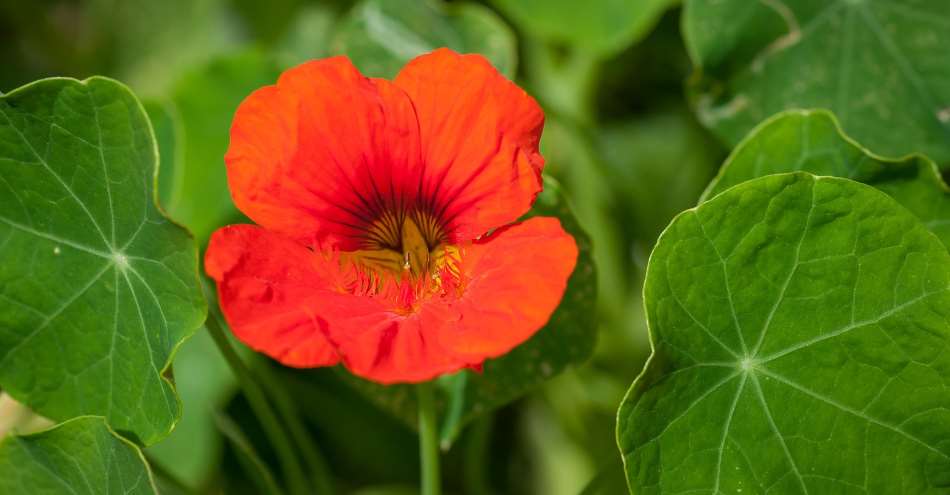Natural Antibiotic
Mustard Oils as a Therapy Alternative for Persistent Urinary Tract Infections
Aside from conventional antibiotic therapy, there is also a plant-based, natural remedy that can achieve very similar results - without the unwanted side effects of antibiotics.
The mustard glycosides found in nasturtium herb and horseradish root release antimicrobial isothiocyanates (mustard oils) in the bladder, helping to fight off those troublesome bacteria.
According to various in-vitro studies, mustard oils have an antibacterial spectrum, even against resistant strains of E. coli and problem bacteria like MRSA.
Incidentally, it also contributes to improving symptoms in acute inflammatory diseases of the bronchi and sinuses.
Interesting:
The adhesion ability in E. coli, Klebsiella spp., and Serratia spp. was effectively impaired by D-Mannose, Proanthocyanidin Type A (e.g. in Cranberry
) and Allylisothiocyanate (e.g. in nasturtium and horseradish).
The motility of E. coli, Klebsiella spp., and Proteus mirabilis was significantly affected by thiocyanates (e.g. in nasturtium and horseradish).
The growth of E. coli, Klebsiella spp., Proteus mirabilis, Pseudomonas aeruginosa, and Citrobacter spp. was strongly inhibited by Rosemary Extract*.

Tips for Use
The combination product Angocin® Anti-Infekt N*, which contains high doses of mustard oils from nasturtium herb and horseradish root, is useful both for supporting the treatment of acute cystitis and for recurrence prevention in cases of frequently recurring urinary tract infections.
The recommended dosing is: 4-5 film-coated tablets 3-5 times daily. The most tolerable method of intake is after meals, as mustard oils can cause stomach and intestinal discomfort.
If you do not tolerate mustard oils, you can alternatively try the following herbal medicines:
- Canephron®* (Rosemary, Centaury, Lovage)
- Uva Ursi Extract* (Bearberry extract as a urinary disinfectant)
- Aqualibra®* (Goldenrod, Heather, Catsfoot)
- Nephroselect®* (Nasturtium, Goldenrod, Birch leaves, Field horsetail, Lovage)
What Makes It So Special?
Why on earth should you take mustard oils in addition to the Forskolin + D-Mannose combination?
Because mustard oils also work against other bacteria besides E. Coli. 20% of UTIs are not caused by E. coli bacteria – 1 in 5 is a number you can't ignore.
Mustard oils are also able to inhibit biofilms and are a treatment option for resistant pathogens as well. A true all-rounder!
Here is a video on the mode of action of mustard oils or Angocin®:
You can find more information on other substances that work like antibiotics in the FAQs under





